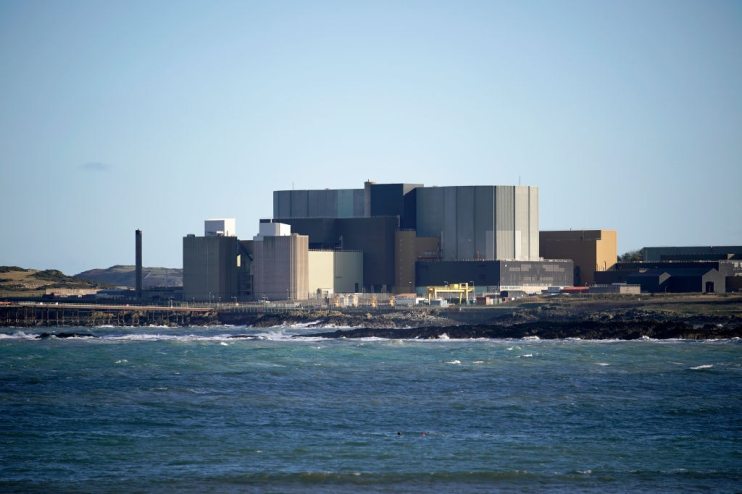EDF announces another delay to Hinkley Point C nuclear plant

French energy giant EDF has revealed it will have to announce new delays and cost overruns for its Hinkley Point C nuclear plant project in the UK.
The latest setback follows conflict in Ukraine, supply chain disruption and inflationary pressures.
EDF last updated its construction schedule in January 2021, when it said the UK’s first new nuclear plant to be built in decades would be delayed by six months to June 2026.
It revealed costs would rise by an additional £500m to £23bn.
Originally, the plant was expected to open in 2025 and had a construction budget of £18bn.
However, like similar nuclear new-build projects in Flamanville, France and Olkiluoto, Finland, it has been subject to repeated delays and spiralling costs.
In a note to its 2021 annual report, EDF arued risks to schedule and cost at completion targets had increased.
The energy firm cited the ongoing impact of the pandemic, Brexit, lower-than-expected civil performance and tensions in global building materials markets.
It also said permit delays have slowed progress on offshore marine works.
The firm it is developing plans to mitigate the delays and actions are in place to drive civil performance.
EDF said: “A new comprehensive review to update the costs and schedule estimates announced in January 2021 is underway and is expected to be finalised by summer 2022.”
The energy giant is suffering heavy financial set backs over the past 12 months, with French President Emmanuel Macron imposing price controls on its energy bills to ease pressures from consumers last year.
It has since a €26bn impact on its core profits, exacerbated by nuclear outages in France and refurbishments.
Alongside Hinkley Point C, the UK government is relying on the firm for its development at Sizewell C.
Prime Minister Boris Johnson reportedly wants to boost nuclear power to 25 per cent of the UK’s power generation – as part of a ‘big bet’ on the energy source.
To that end – Downing Street has backed Rolls-Royce’s small modular reactor scheme and sought to encourage nuclear investment with public funding in the initial stages.
As it stands, nuclear power only generates 16 per cent of the UK’s current energy output, with multiple reactors set to be phased out by the end of the decade.